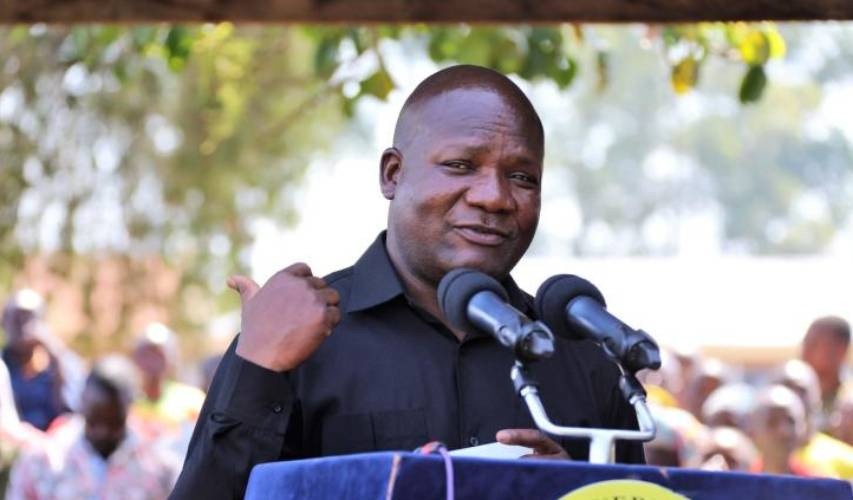Let’s replace shoot to kill with dialogue
By Billy Mijungu
If there was ever a time the government needed to invest heavily in modern crowd control equipment, that time is now. The growing civil unrest, led by a new wave of unyielding and deeply frustrated youth, demands a more humane and thoughtful response than brute force.
It is time for the state to acquire barriers, mobile fences, barbed wires, high-pressure water trucks, sonic crowd dispersal systems, smoke repellents, and public access restriction tools that prioritize safety and minimize fatalities. This is not the era for bullets. This is the moment for barricades, precision, and wisdom.
The sanctity of human life remains an absolute constitutional principle. It is not negotiable. The role of security agencies must be to protect, not to provoke. And yet, there is a worrying rise in rhetoric from certain quarters of government and politics that encourages lethal force.
Psychopathic politicians and political actors, often detached from reality, are riding on dangerous language. They call for shoot to main or shoot to kill, casually using phrases that flirt with massacre and suppress the very constitutional order they swore to defend.
Let us not mince words. Kenya is at a dangerous tipping point. The Gen Z resolve, informed by bitter experiences, joblessness, failed promises, and perceived elite impunity, is unlike anything the nation has witnessed before. This generation is articulate, digitally organized, emotionally charged, and morally outraged. And most tragically, they are ready to die.
Numerous demonstrators have recorded chilling instructions on how their dead bodies should be handled in case they do not return home. This is not rebellion for show. It is rebellion borne out of betrayal.
Any leader who advises the President to take a hardline stance through violent suppression is handing him a poisoned chalice. If state forces continue to fire live rounds into crowds, if the bodies keep piling, if the voices are ignored, then a day will come when the international community, not just Kenyans, will ask for change at the very top.
They may ask the President to step aside and allow another from within his own party to complete the term. That is not fiction. It has happened elsewhere, and history does not forgive those who ignore the warning signs. Nothing under the sun is impossible.
A presidential advisor or Cabinet Secretary worth their salt should be a mirror and compass. They must tell the President the hard truths. They must whisper to him not what he wants to hear, but what the country desperately needs to hear. It is true that President Ruto has made visible strides in infrastructure, economic reforms, and regional diplomacy.
He has outpaced his predecessors in ambition and visibility. But the question remains, at what cost? The people have been pushed too hard. The burden is heavier than ever before. And the mechanisms for accountability are too weak to hold the system together under the weight of this unrest.
This is a moment for courage, not cruelty. This is a time for restraint, not revenge. And if anyone still believes that a shoot to kill order or a shoot to main strategy will restore order, they are grossly mistaken. The only outcome such a strategy will guarantee is bloodshed, international condemnation, and a fast-track to a possible President Kindiki.
The future of this country lies in dialogue, empathy, and respect for life. Leaders must rise to the occasion and disown the rhetoric of violence. Because once the trigger is pulled, and the people’s blood is spilled, no amount of justification can cleanse the consequences.
We must not go down that road.




